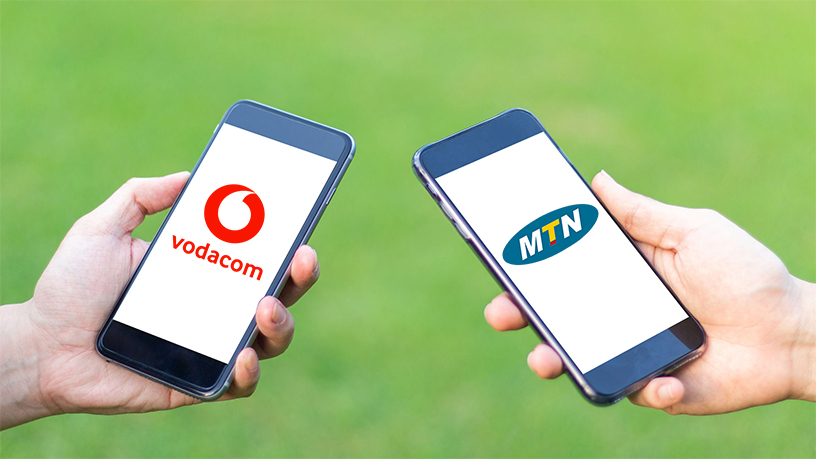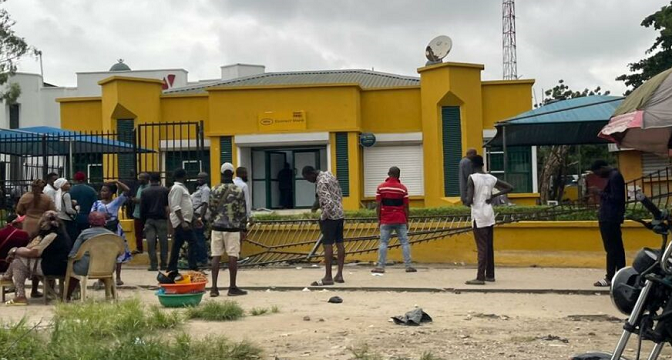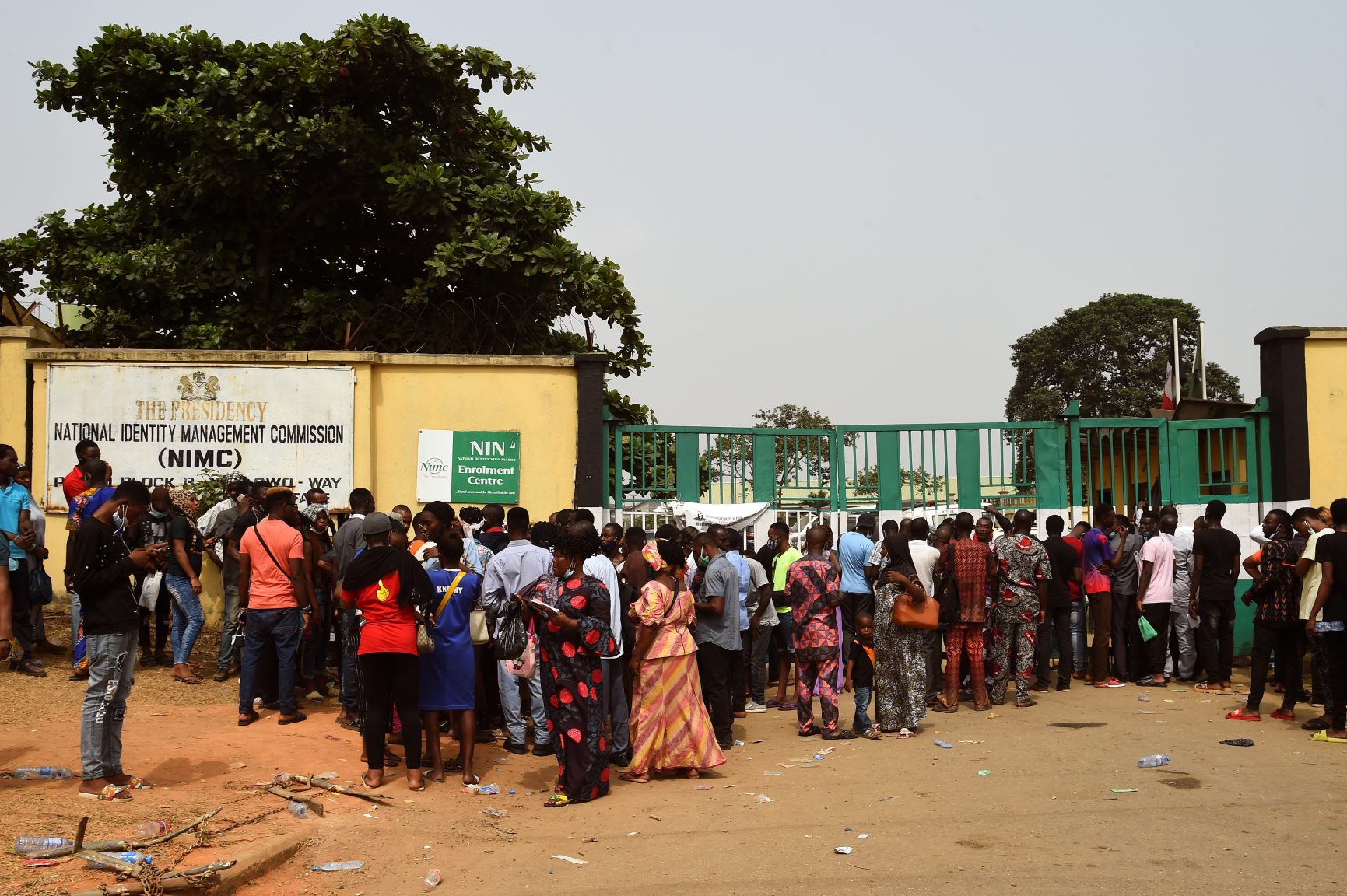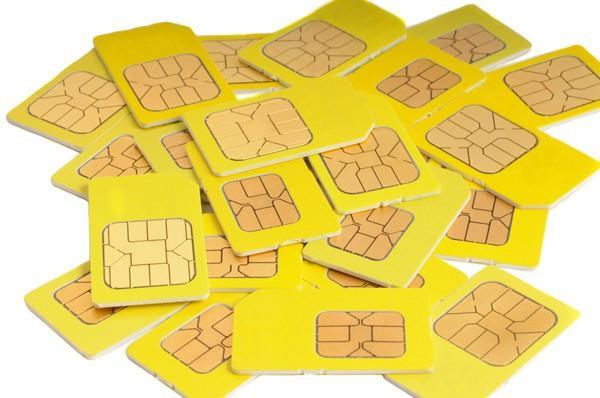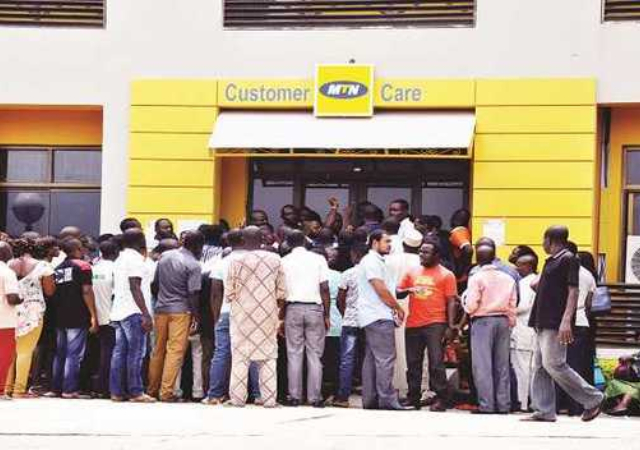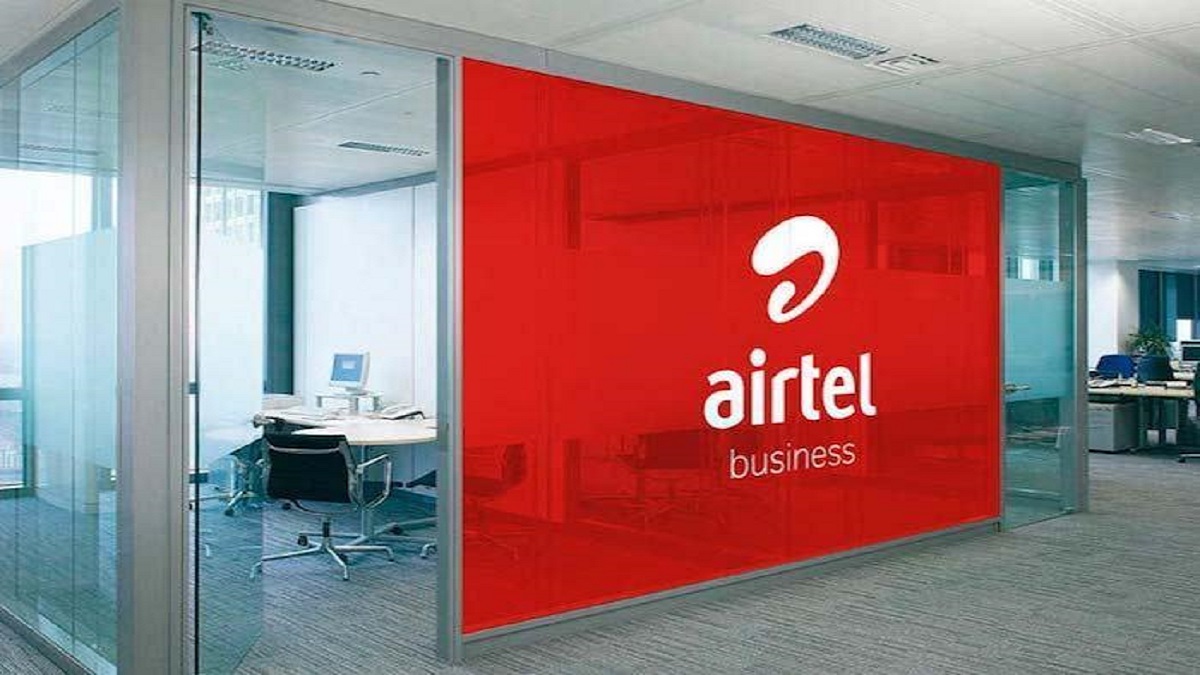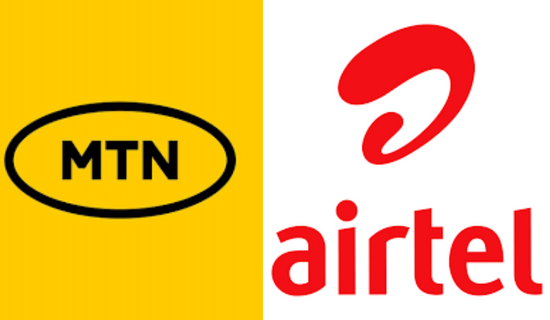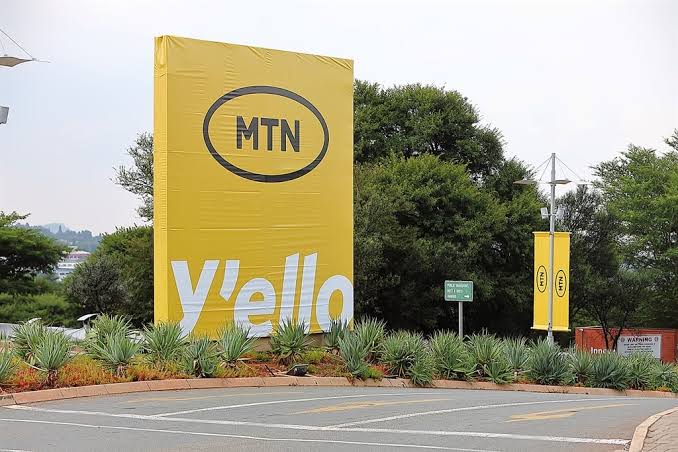According to the Association of Communications and Technology (ACT), Netflix and other such services should pay to construct and maintain the network infrastructure that underpins their operations.
To do this, it plans to introduce “Fair Share” agreements in the over-the-top (OTT) market.
Telecommunications carriers use the phrase “over-the-top” (OTT) to refer to services hosted on their infrastructure, such as Netflix, Disney+, YouTube, and Amazon Prime Video.
It also includes apps like WhatsApp, which directly compete with mobile networks’ voice and messaging services.
Read also: Netflix raises subscription prices for Nigerian users
Regulated service providers that compete with OTT platforms, such as Vodacom, MTN, Cell C, and Telkom, claim that their income is dependent on network utilisation.
According to the ACT, “OTT providers heavily rely on the network infrastructure provided by network operators” to supply their services.
“Fair Share arrangements guarantee that over-the-top (OTT) providers pay their share of the expenses associated with constructing, preserving, and modernising the infrastructure supporting their operations.”
“This keeps network operators from taking all the load on themselves and helps balance the utilisation of resources,” it continued.
According to the ACT, OTT services must be governed under a framework that helps maintain a balance between larger and smaller network operators.
It further stated that OTT providers can guarantee ongoing investment in network expansion, capacity upgrades, and quality of service enhancements by sharing the expenses of network infrastructure.
Beneficial for stakeholders
The ACT claims that “this benefits all stakeholders and fosters a healthier marketplace.”
Creating a pooled fund that “serves its purpose outside of the commercial competitive dynamics of all network operators” is one suggestion for implementing Fair Share agreements.
According to the ACT, these measures will encourage network operators to spend money on infrastructure.
According to the report, “network operators may be discouraged from investing in the necessary infrastructure to support the growing demand for OTT services if they believe that OTT providers are not contributing fairly.”
“Continuous investments in network development are incentivised by equitable compensation, resulting in improved user services and increased connectivity.”
It also stated that, although this is complicated, the contribution will ideally be decided by mutual agreements on usage fees.
The ACT states that any fair share agreement must be based on the law, business fairness, and an understanding of the industry’s dynamics to guarantee equity.
The ACT stated there is still much space for development in South Africa and that network operators and over-the-top (OTT) providers share responsibilities for offering end users high-quality services.
Read also: Amazon Prime Video gets a new look with generative AI upgrades
Beneficial for subscribers
Therefore, the country’s end users may benefit from higher-quality services due to the suggested modifications.
“In the end, South Africa needs a flexible, non-disruptive, and coordinated approach to building an information society to benefit consumers,” the statement reads.
“To foster a thriving and competitive ICT sector in South Africa involves clear regulations, creative solutions, and close collaboration between policymakers, regulators, OTTs, and network operators.”
Call on policymakers to tak£e action
The ACT outlined important factors for national regulators and lawmakers to consider in order to accomplish this.
It suggests that the initial step in the procedure would be to set up a system that permits a thorough grasp of the OTT industry.
Subsequently, legislators must examine current rules and modify them to account for evolving market conditions.
“The objective is to establish a technology-neutral, uniformly treating similar services regulatory framework that promotes fair competition,” the ACT stated.
However, it does point out that authorities need to uphold strict competition laws to stop anti-competitive activity in the market. According to the ACT, authorities have to reconcile legality with justice.
“They should ensure compliance with current competition laws and regulations, as well as assess the economic impact on both network operators and OTT providers,” the statement stated.
According to the ACT, the telecom industry’s deregulation in some areas may allow companies to be more adaptable to the rapidly evolving OTT and digital technology ecosystem.
“Telcos would be afforded greater liberty to investigate joint ventures, financial prospects, and inventive service provisions.”
To guarantee that a variety of viewpoints are considered when making regulatory decisions, regulators should interact with one another and all relevant parties, such as network operators, OTT services, consumer advocacy organisations, and trade associations.
“Working together will result in more informed policies that properly balance consumer interests, industry sustainability, and innovation,” the ACT stated.
